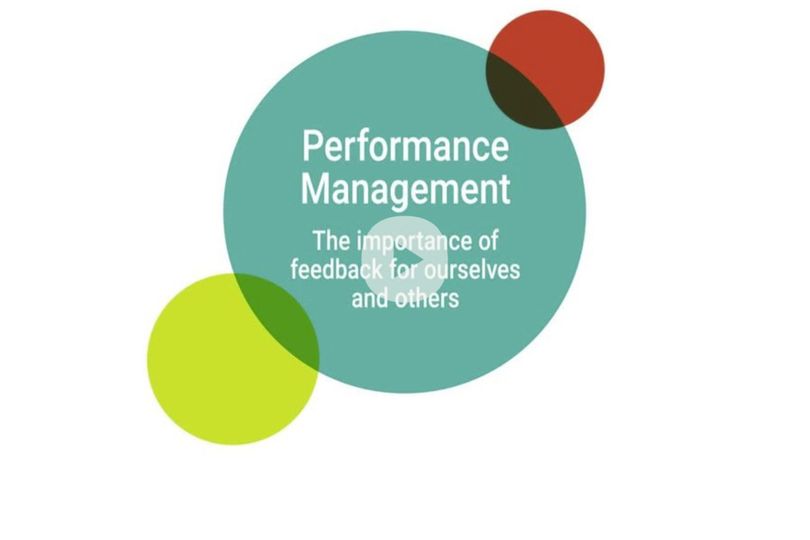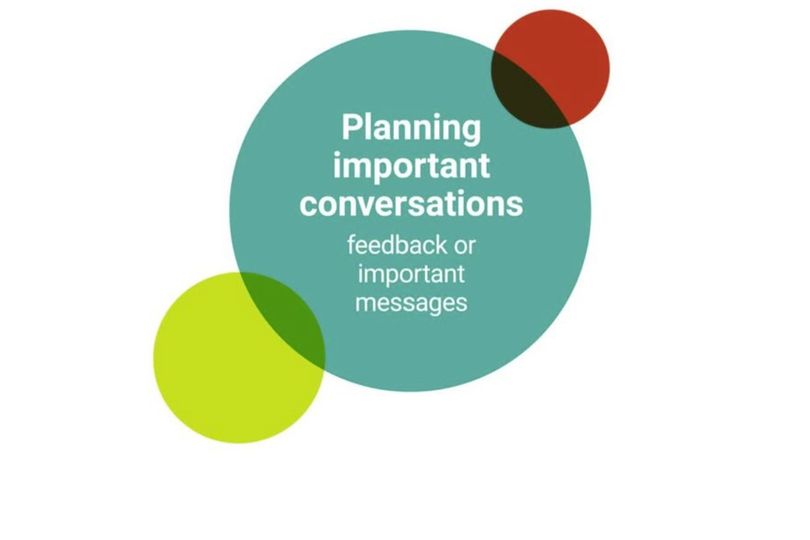Providing feedback is one of the most important responsibilities that a research leader has. Your PhD students are likely to have very few (if any) benchmarks to work out how they are progressing. Your research staff may have very loud inner critics telling them they are not good enough. They all need your perspective to provide a healthy frame of reference and to be able to identify what they are doing well and what they need to develop.
The Johari Window
This simple model sets out the reasons why it is so important for you and your team to give and receive feedback
Challenging relationships and conversations
Understanding the emotions at play: A useful theory to help us understand what could be happening when communication or some relationships aren’t working well.
Planning important conversations
Feedback or important messages
We present a simple process for planning and conducting a challenging or feedback conversation. The video is accompanied by the download Ten questions to plan a challenging or feedback conversation (doc)
Addressing underperformance
Occasionally you will have staff and students who are not succeeding in their role, and you will have to use formal processes to manage their performance. In any case, make sure that all communication has been documented and seek support from relevant professional services as well as your academic mentor and head of department. Seek independent advice and potentially request that an independent colleague is present at meetings addressing under-performance.
- For PhD students, read the Supervisors' Guide
- For staff, seek help from Human Resources and, in the first instance, look at their advice and the policies and procedures relating to managing challenging issues such as:
- Capability Policy e.g. when staff are not meeting their objectives
- Leave and absence e.g. sick leave
- Disciplinary process e.g. if there has been misconduct or inappropriate behaviours
- Resolution procedure e.g. if there have been complaints and conflicts
- Harassment and bullying allegations
Of course, staff may choose to leave the College for any reason, and this will happen frequently when you have research staff on short term contracts. Ensure that you are aware of the College policies and procedures for staff leaving employment.
Related topics
- See the video on ‘Review and stocktake of progress’ which can be used to review the team itself, your team’s progress towards your vision, a specific project, or the progress of an individual. Also download the worksheet Stock take - progress review (pdf) which is introduced in the ‘Reviewing progress’ video.
- Advice sheet: PhD supervision meeting agenda template (doc)
Cycle next step
Go back to the previous section: Delegate to allow achievement
Go to the next section: Support to enhance performance


